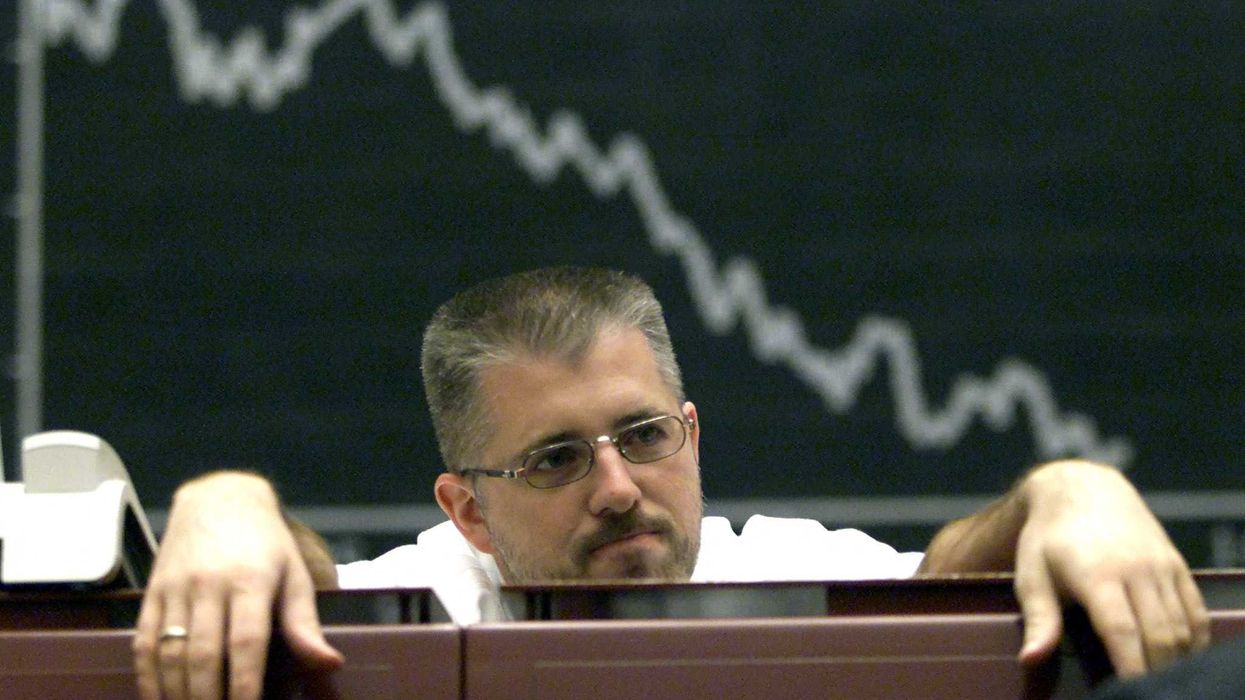Financial writer and author Annie Lowrey tells the Atlantic that President Donald Trump’s love affair with tariffs have done damage to both to his economy and to him, and it was probably all for nothing.
If the Supreme Court does the right thing and ends Trump’s tariff regime, a lot businesses and Americans will be better for it, but it will still take ages to undo the damage Trump did.
“The financial fallout would be messy,” said Lowrey, author of the book “Give People Money.” “Such a ruling would cut in half the country’s effective tariff rate — which, at nearly 18 percent, is the highest it has been since 1934 — meaning that the revenue the Treasury collects from businesses would fall by half.”
The White House might also have to figure out how to return tens of billions of dollars to companies that have paid import fees this year, plus interest, if the court determines the tariff was illegal. But a ruling against the tariffs would be good for Americans’ pocketbooks, and ensure that the current economic slowdown does not blossom into a true recession.
Still, Trump’s tariffs pumped up the price of consumer goods, forcing the average family to pay $1,800 more for groceries, clothing, and other necessities. And for many lower-income households, they will swamp whatever tax cuts Republicans passed this summer. Ultimately, they also meant fewer homes being built, which drives up real-estate costs. It also means more credit-card delinquencies and fewer Americans being able to afford a house, a car, or a medical bill, said Lowrey.
“The Trump administration’s inane and perhaps illegal policies have hit certain sectors particularly hard: the fashion industry, agribusinesses, small-scale firms selling household goods. But few businesses have gone unscathed,” Lowrey said. “… Given that uncertainty, many companies outside of the health-care industry have declined to add workers, and investors have poured little money into anything other than AI.”
Trump’s recent announcement on social-media of a $2,000 tariff rebate is probably optimistic whether or not he legally can, but even if he does, the checks might also make the Federal Reserve’s effort to hold down inflation even harder.
“[W]e … know from the pandemic: When you add a lot of fiscal stimulus when prices are already going up, you get stickier inflation. It’s a very difficult situation,” said Diane Swonk, the chief economist at the accounting firm KPMG US.
“The better policy would have been no policy at all,” said Lowrey. “Imagine what the economy would look like right now if Trump had never started the trade war. The Yale Budget Lab estimates that the tariffs have depressed real GDP growth by 0.5 percentage points this year, lifted the unemployment rate by 0.3 percentage points, and cost the economy close to half a million jobs. Moody’s Analytics estimates the hit to real GDP growth to be 0.8 percentage points. In other words, the Trump administration has likely cut the country’s expansion by a third or more and its annual employment gains in half — for nothing.”
“The Supreme Court can’t undo the damage by affirming the lower courts’ rulings, nor can the Trump administration undo the damage by sending out checks,” Lowrey argued. “The Court can’t even end the trade war entirely. The tariffs on steel and aluminum will still stand, for instance, because Trump did not invoke the same economic-emergency authority when making them.”
All the court can do, she said was maybe give families “some relief.”
Read the Atlantic report at this link.


